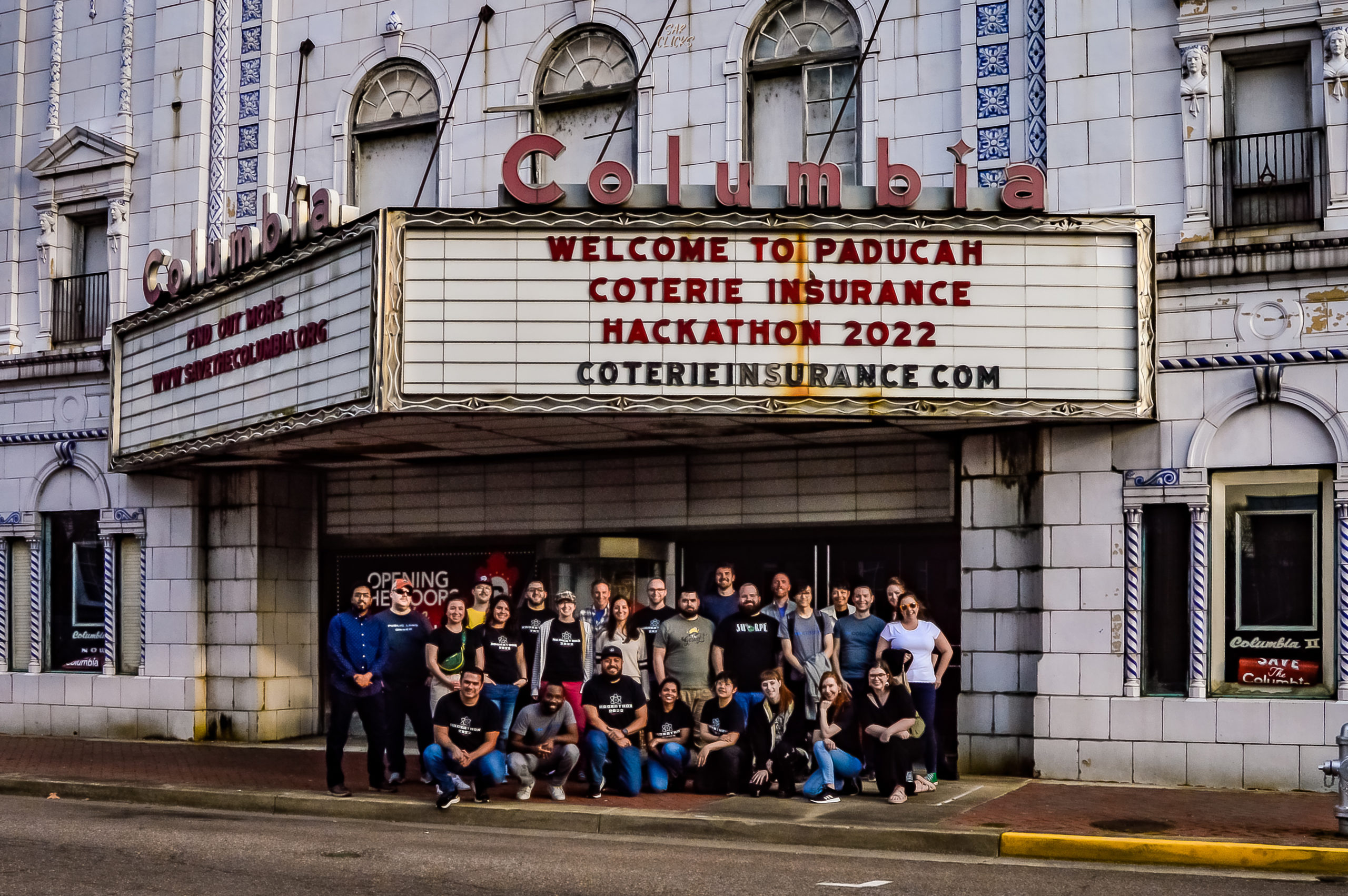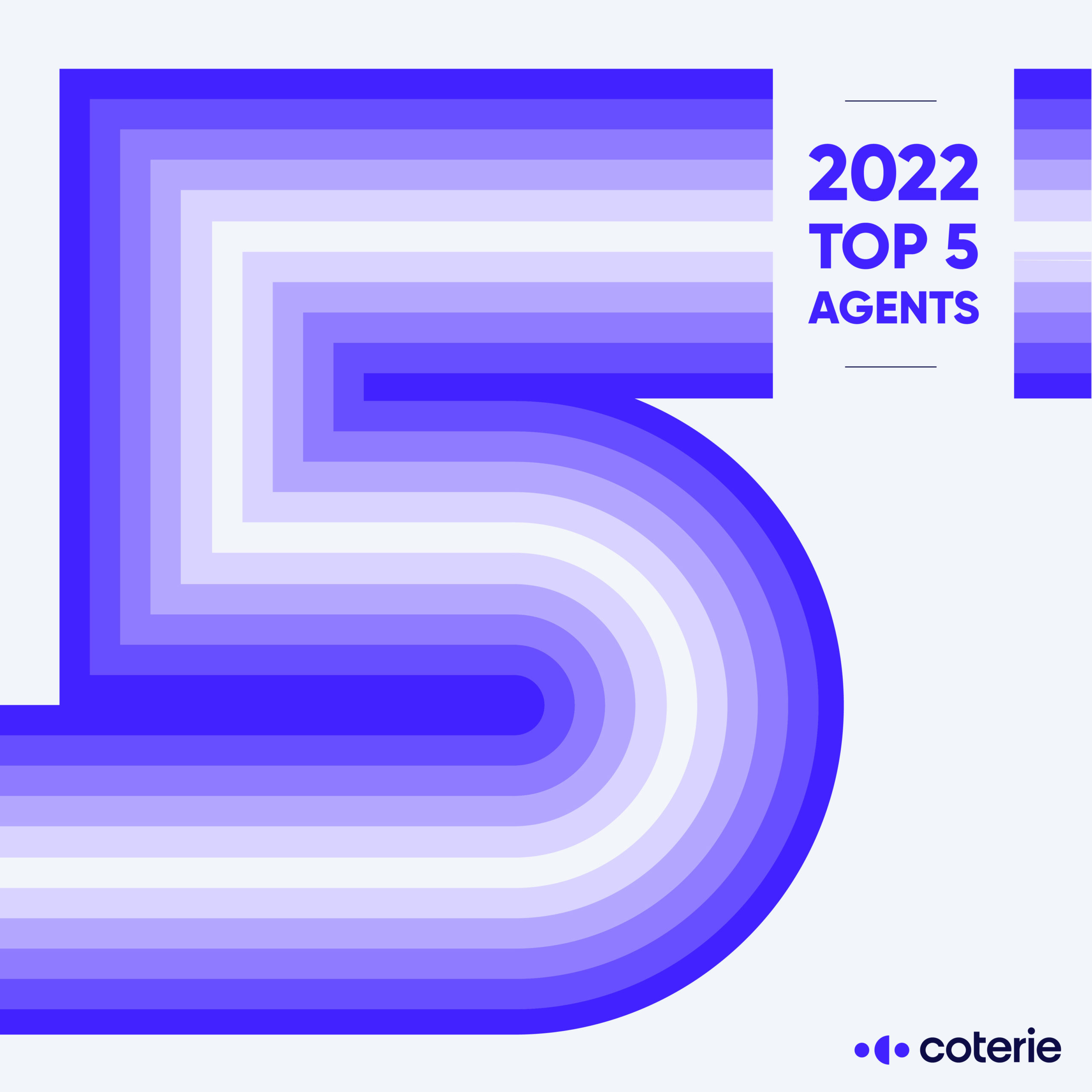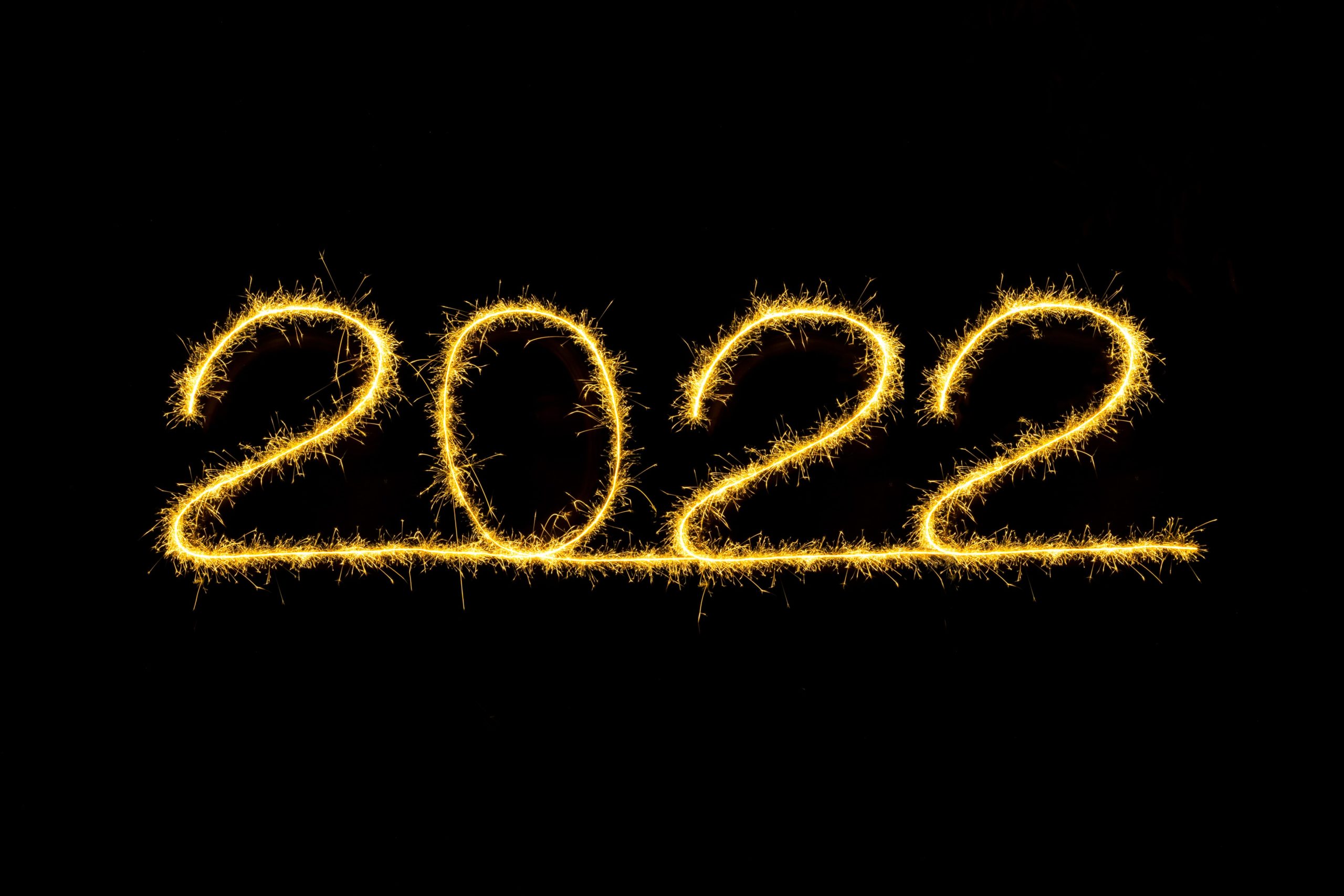By Jake Petway, Director of Engineering at Coterie Insurance
I’m going to start with the elephant in the room. My hometown of Paducah, KY is not a conventional pick for hosting a Hackathon. For that matter, I can’t imagine many rural areas would make most lists to host 40 or more team members. The short answer to “Why Paducah?” makes the conversation simpler: it checked all the boxes.
Paducah offers high-end accommodation, food, and entertainment within walking distance from our main event space. Going to small-town America also takes my colleagues out of their comfort zones. In fact, the small-town atmosphere helped the team focus on being a team. While I love working at a remote-first company, it’s hard when you never get a chance to really bond in person with your team. Paducah afforded us the chance to do that, while also giving everyone something worth being away from their homes for a week.
Little known fact: Paducah is a registered UNESCO creative district and provides plenty of inspiration from visual art, music, architecture and more everywhere you walk in the town. This posture toward art helped the team loosen up and get their creative juices flowing. Paducah, like many other small towns, is filled with small, locally owned businesses that are still building themselves back up from the pandemic.
The process of planning in a major metropolitan area would have been much simpler. Large cities have major hotel chains that can be booked online. But that doesn’t fulfil who we are. One of the reasons Coterie Insurance exists is to promote small business success. What better way to live our vision than working exclusively with small businesses for an in-person work trip?
All of that is great during the planning process, but what happens when people arrive and see Paducah for the first time? I was heartened to see that following a night of team togetherness, the engineers started to work on projects. The teams organized quickly and focused on their executions. While most people focused on one team to accomplish a large task, some floated from team to team, and some worked independently. Hackathon was working. People were able to be creative. They were able to ask silly questions. They were able to fail in a safe way and iterate quickly. They did this while not being distracted by external forces like we may have in a bigger city. They did this as a team. It was all I could have asked for.
Since this was a multi-day conference, we had activities that were carefully designed to stimulate different parts of our brains and thought patterns each night. One night we had music with a live band to create a sense of synchronicity and creativity. Another night we had comedians to promote group laughter, bonding, and problem solving. While some of the more cerebral effects of these events were subconscious, the more superficial effects were on full display. The team was bonding and becoming a unit. They created inside jokes, shared stories, and were working together better each day. On the final night of the conference, they displayed their work for the entire company, and the team did not disappoint. They were able to articulate what we had worked on, why it was valuable to the company, and exactly how it moves us forward.
During the presentations, we saw teams that took on the task of building new innovations by integrating our platform with Amazon’s Alexa. Another team created the prompts for a natural language processing chatbot to help our support team. Our team of quality assurance engineers developed automated test and bug monitoring to provide better support to our customers and internal teams. There also were proof of concepts for a self-servicing application.
The winning team of Hackathon doubled the speed of our rating engine and remediated large portions of the technical debt we had in it. The performance of our team made the return on investment for this trip immediately apparent.




